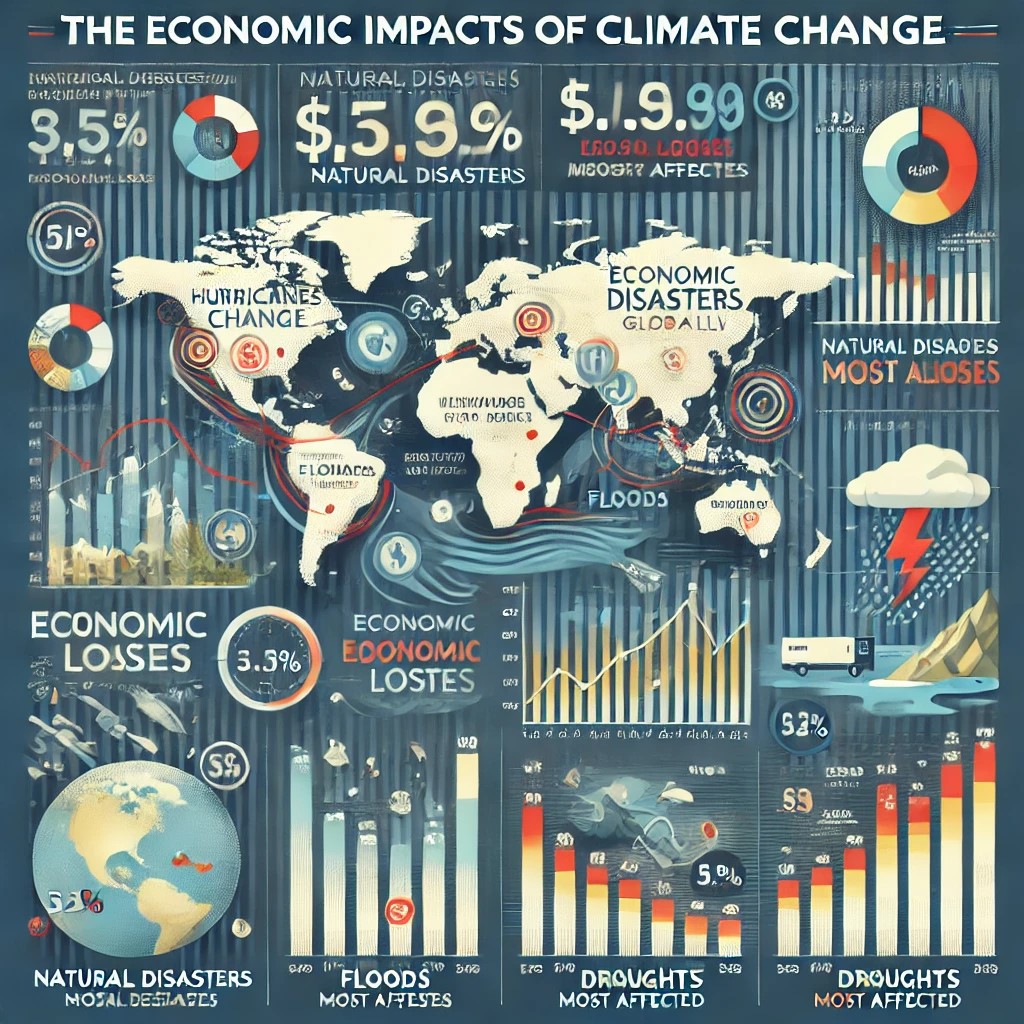Global economic shifts have profound and far-reaching impacts on financial markets. These shifts can be driven by various factors, including geopolitical events, technological advancements, changes in trade policies, and evolving economic power dynamics. Understanding the current trends and future predictions of these shifts is crucial for investors, policymakers, and financial institutions. This article explores the impact of global economic shifts on financial markets, highlighting current trends and future predictions.

Current Trends
Geopolitical Tensions and Trade Wars: Geopolitical tensions and trade wars significantly influence financial markets. The US-China trade war, Brexit, and tensions in the Middle East have created uncertainty, leading to market volatility. These geopolitical events impact global supply chains, commodity prices, and investor sentiment, causing fluctuations in stock markets and affecting global trade.
Technological Advancements and Digital Transformation: Technological advancements are reshaping the global economy and financial markets. Innovations in artificial intelligence, blockchain, and fintech are driving efficiency and creating new investment opportunities. Digital transformation in various sectors, including finance, healthcare, and manufacturing, is leading to the emergence of new market leaders and the decline of traditional industries.
Monetary Policy and Interest Rates: Central banks play a critical role in shaping financial markets through monetary policy. Decisions on interest rates, quantitative easing, and other monetary tools influence borrowing costs, consumer spending, and investment. The policies of major central banks, such as the Federal Reserve, European Central Bank, and the People’s Bank of China, have global repercussions, affecting currency values and capital flows.

Future Predictions
Continued Technological Disruption: Technological disruption will continue to reshape financial markets. Advancements in AI, quantum computing, and blockchain will drive innovation, create new industries, and transform existing ones. Financial institutions will adopt these technologies to enhance efficiency, reduce costs, and improve customer experiences. Investors will increasingly seek opportunities in technology-driven sectors.
Growth of Emerging Markets: Emerging markets will play a more significant role in the global economy. Countries in Asia, Africa, and Latin America will experience robust economic growth, driven by favorable demographics, urbanization, and industrialization. Investors will allocate more capital to these markets, seeking higher returns and diversification benefits.
Impact of Climate Change: Climate change will have a profound impact on financial markets. The transition to a low-carbon economy will drive investment in renewable energy, sustainable infrastructure, and green technologies. Companies failing to adapt to environmental regulations and shifting consumer preferences will face financial risks. Investors will increasingly consider climate-related risks in their decision-making processes.

Conclusion
Global economic shifts are transforming financial markets, creating new opportunities and challenges. Current trends such as geopolitical tensions, technological advancements, shifts in economic power, monetary policy decisions, and ESG investing are shaping the financial landscape. Looking ahead, continued technological disruption, the growth of emerging markets, the impact of climate change, the evolution of global trade, and regulatory changes will further influence financial markets. By understanding and anticipating these shifts, investors, policymakers, and financial institutions can navigate the complexities of the global economy and capitalize on emerging opportunities.

The Economic Impact of Climate Change

Crypto and Stocks: Diversifying Portfolio in the Digital Age

An Individual's Guide to Making Cross-Border Payments Through Blockchain

The Role of Financial Institutions in Infrastructure Development

The Rise of Mobile Banking: Trends, Benefits, and Security Challenges

The Pros and Cons of Buying vs. Leasing in Corporate Finance

The Role of Corporate Restructuring in Financial Performance
